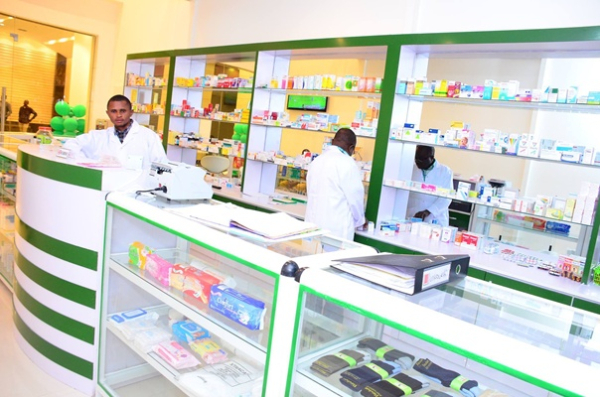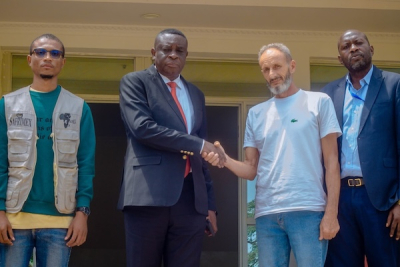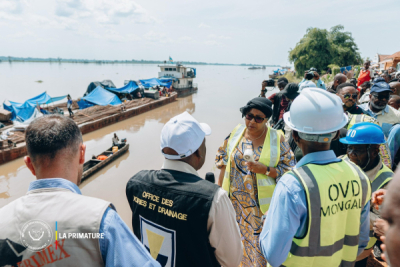About a month ago, the Democratic Republic of Congo (DRC) launched a clean-up operation in its pharmaceutical industry. Launched via the sector’s regulator, the ACOREP, the initiative is a key step in dealing with illegal pharmacies that sell unverified drugs and threaten public health. According to Dr. Hervé Kweyi, president of the Kinshasa provincial council of the pharmacists' association, "80% of pharmacy practice in the country is illegal."
Illegal pharmacies have been proliferating in the DRC mainly because of formal pharmacies’ inability to meet the growing demand for drugs. Legal pharmacies, primarily found in urban areas, have struggled to adapt to the needs of people in remote and economically challenged regions. This has allowed illegal pharmacies to thrive, as they offer cheaper drugs that are often of questionable quality.
The lack of strict regulations has favored the informal sector’s expansion, highlighting weaknesses in the formal sector. In response, the formal sector must modernize, expand its reach, and ensure affordable access to quality care.
Supported by the Conseil National de l'Ordre des Pharmaciens (CNOP), the clean-up operation aims to establish stricter regulations and reorganize a largely disorganized market where most establishments operate outside legal norms.
With around 5,000 illegal pharmacies in Kinshasa, this reform is crucial for ensuring access to safe medicines. The ACOREP's goal is to close these illegal outlets to protect the public from unsafe pharmaceutical products. "The quality of drugs (ed. Note: circulating) can only be ensured through rigorous compliance with regulations," said Glorry Panzu, President of the CNOP.
Towards a more competitive and attractive industry
The new clean-up operation is also good news for compliant pharmacies. The operation will remove the unfair competition from unauthorized shops, and allow legal pharmacies to grow, enhance services, and build consumer trust. The reform could also create an investment-friendly environment that will attract international companies and encourage foreign investment in local infrastructure.
However, for the operation to be successful, authorized pharmacies must be able to meet demand after illegal ones are closed. Improving the supply chain for quality products is vital since efforts to implement a national supply chain system since 2009 have not significantly improved product availability across the country. A USAID report highlights that the private sector's role in enhancing DRC's healthcare system is limited.
The same report indicates that the supply system is more fragmented than public distribution systems. The government can only estimate the number of private importers and wholesalers due to ineffective registration and regulation since 2009. "The fact that the government has to estimate unauthorized wholesalers illustrates a lack of proper regulation," said USAID, comparing it unfavorably with more structured systems in other French-speaking countries like Côte d'Ivoire and Senegal.
Additionally, professionals in the sector need to invest more in distribution nationwide. Dr. Daniel Ngeleka Mutolo, the ACOREP's technical assistant, emphasized this need on September 25, saying: "There is an urgent need for pharmacists to open dispensaries and invest in this profession to promote quality products across all health zones in the DRC."
The ACOREP will also have to implement strict controls to ensure compliance with new regulations. Awareness campaigns about buying medicines from approved establishments will be necessary to educate the public and reduce black market activities.
With appropriate measures, the ongoing clean-up could lay a strong foundation for a modern and secure pharmaceutical market capable of meeting economic demands and public needs. Regulatory compliance could attract investment, foster partnerships with international players, and help modernize local infrastructure. New entrants like France's IPM Technologies and Germany's Rommelag Group are expected to support these efforts.
Olivier de Souza










